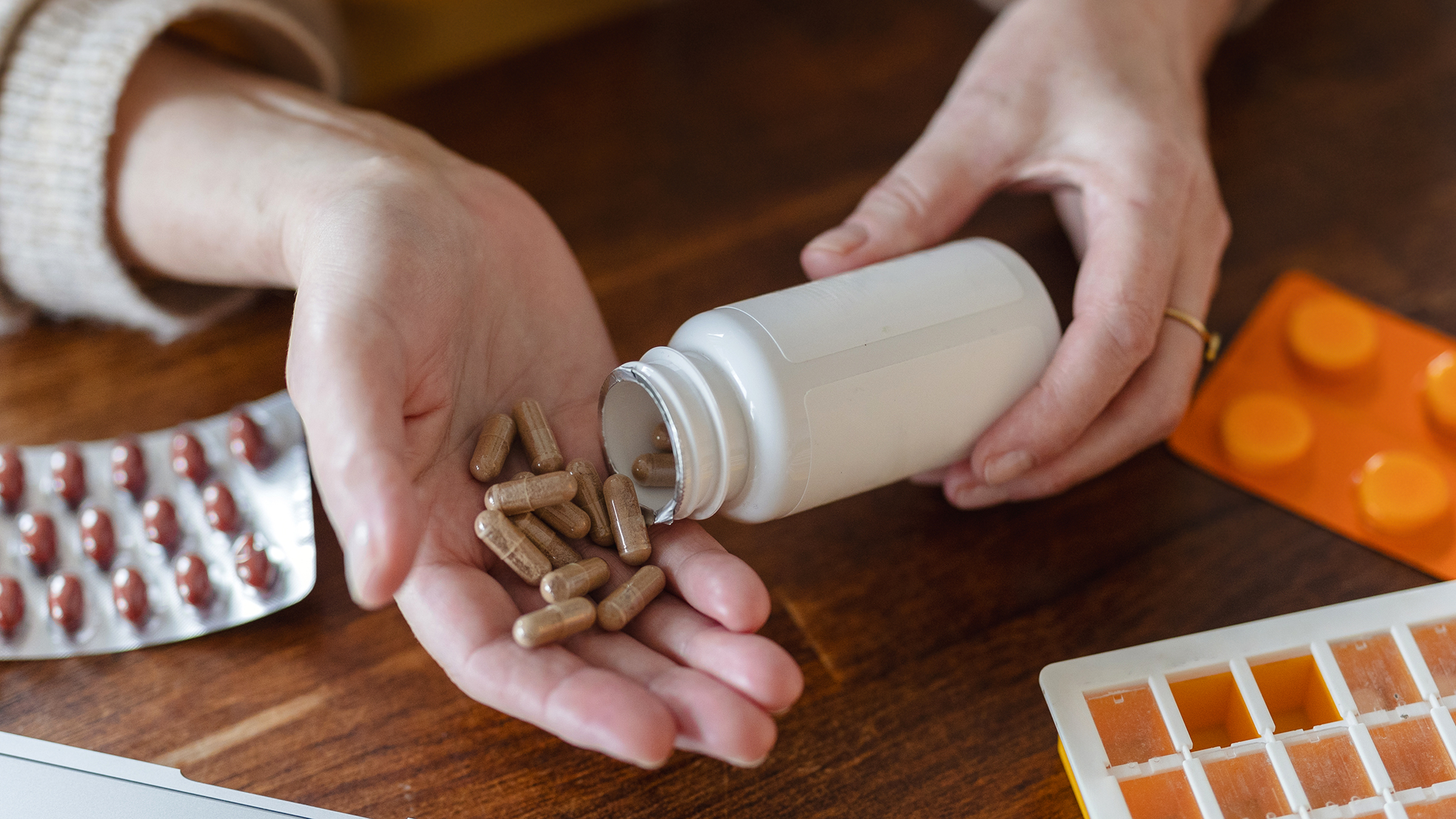How Long Does It Take For Berberine To Work?
In recent years, berberine has gained significant attention as a potent natural supplement known for its various health benefits. Traditionally utilized in herbal medicine, particularly in Ayurvedic and Chinese practices, berberine has become popular for its potential effects on metabolism, blood sugar control, and weight management. Understanding how long it takes for berberine to work is essential for those considering its use in their wellness regimens.
Background and Context
Berberine is a bioactive compound extracted from several plants, including barberry, goldenseal, and Oregon grape. It has been used for centuries in traditional medicine to treat various health conditions, such as digestive disorders, diabetes, and infections. Its primary mechanism of action involves activating an enzyme known as AMPK (adenosine monophosphate-activated protein kinase), which plays a vital role in regulating metabolism and energy usage in the body (1).
Mechanism of Action
The health benefits of berberine stem from its ability to influence several biochemical processes. Primarily, it enhances glucose metabolism and helps improve insulin sensitivity, which is crucial for managing blood sugar levels. Research indicates that berberine can reduce resistance to insulin and promote glucose uptake in cells, ultimately leading to lower blood sugar levels and improved lipid metabolism (2). Studies have shown that berberine can significantly reduce fasting blood glucose and HbA1c levels, particularly in individuals with type 2 diabetes (3).
Factors That Influence the Onset of Effects
Several factors can affect how quickly berberine begins to work, including:
- Dosage: The amount of berberine taken can impact its effectiveness. Common dosages range from 500 mg to 1500 mg per day, typically divided into two or three doses (4).
- Individual Metabolism: Each person’s metabolic response can vary; hence, some may experience effects more quickly than others.
- Duration of Use: Consistency is critical. Users may notice initial benefits within a few weeks, particularly for blood sugar management, but significant effects often require consistent use over several weeks to months (5).
Typical Timeline for Effects
Generally, individuals may start to notice the effects of berberine within the first few weeks. Clinical studies suggest that improvements in fasting blood glucose can be observed within two weeks of consistent use (6). However, to achieve substantial changes in HbA1c levels, it may take three to six months of regular supplementation (7).
Signs That Berberine Is Working
Common signs that berberine is effectively working for you may include:
- Improved blood sugar levels
- Weight loss (average of 3-5 kg over three months)
- Reduced cholesterol levels
- Decreased inflammation and improved metabolic health

Recommended Dosages and Usage Tips
The typical dosage of berberine varies based on the individual’s health needs and goals. A common range is 500 mg to 1500 mg per day, with most people starting at 500 mg and gradually increasing as needed. To maximize its benefits, consider taking berberine with meals to enhance absorption and minimize any gastrointestinal side effects (8).
Potential Side Effects and Precautions
While berberine is generally safe for most individuals, some may experience side effects such as gastrointestinal discomfort, diarrhea, and nausea, particularly at higher doses. For those on medications, especially those affecting blood sugar, consulting a healthcare professional before starting berberine is crucial (9).
Conclusion
In summary, berberine can be a powerful tool for improving metabolic health, but its effects take time. Individuals may begin experiencing benefits within a few weeks, with significant improvements often taking several months. If you’re considering incorporating berberine into your supplement routine, patience and consistency are key.
Whether you’ve tried berberine before or are considering it now, your experiences can offer valuable insights. Share your stories in the comments below!

References
- (1) Lu, J., et al. “Berberine: A natural plant product as an antihyperglycemic agent.” Longevity Technology.
- (2) Zhang, Y., et al. “Activation of AMPK by berberine alleviates insulin resistance in skeletal muscle.” Natural Medicine Journal.
- (3) Huang, S., et al. “Berberine improves lipid and glucose metabolism in diabetic rats.” Signos.
- (4) “Berberine: The natural remedy for weight loss.” PubMed Central.
- (5) “Mechanisms of action of berberine in the treatment of diabetes.” PubMed Central.
- (6) “Berberine for metabolic health.” WebMD.
- (7) “Berberine supplement for weight loss: How it works.” OSU Health.
- (8) “Berberine: A natural remedy with potent effects.” Diabetes Journals.
- (9) “Berberine: Benefits, Dosages, and Side Effects.” Nature Made.
- (10) “How Long Does It Take for Berberine to Work for Weight Loss?” Nourish.

